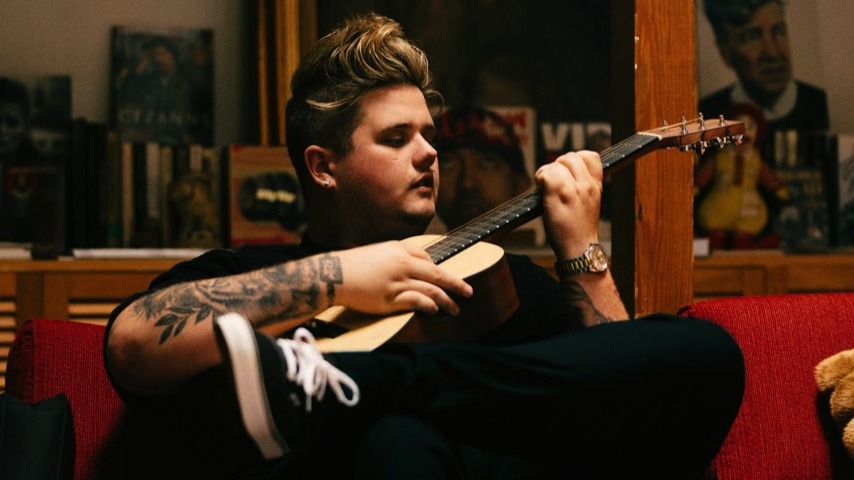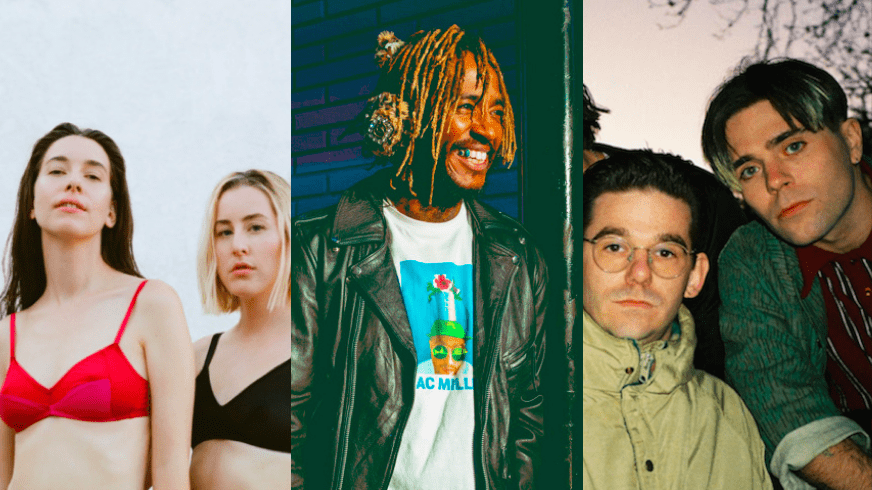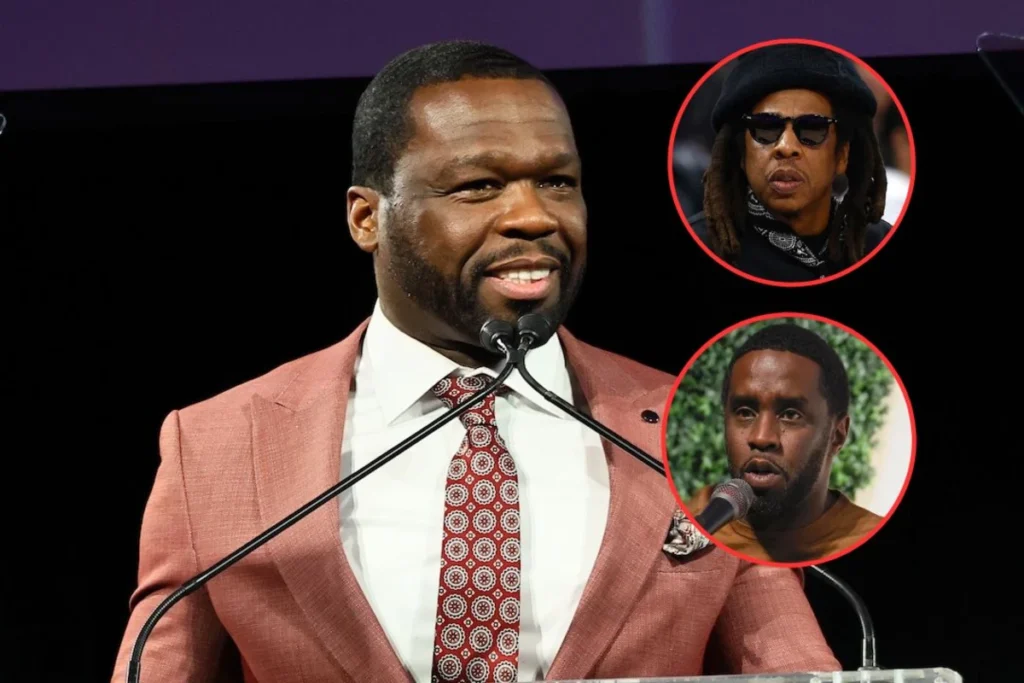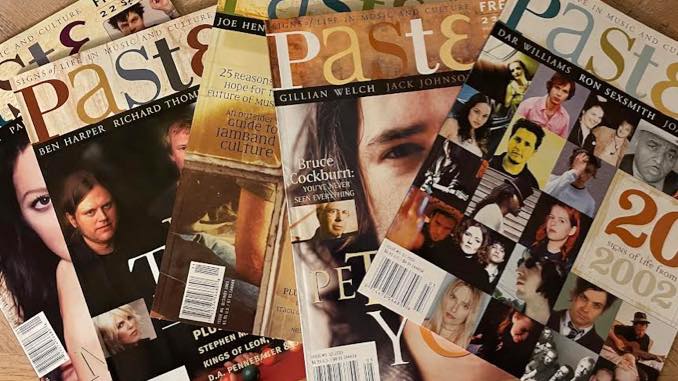To young La Grange, Ga., native Philmon Lee, the plan seemed foolproof. Disguising the fact that he was an aspiring blue-eyed soul singer, he would cover his financial bases by enrolling in Alabama’s Auburn University and concentrating on nothing but business courses, which—upon graduation—he would put to clever undercover use by getting an entry-level job at Sony Music in far-off Los Angeles. Then, at the appropriate moment, he would unmask himself with a magician’s presto-change-o flourish. “I was all about getting that Business degree, because my idea, in my 18-year-old mind, was that I was going to fly out to California, walk right up to that Sony building and drop my application off, and I would then get coffee or whatever I had to do,” says the crooner, now a much-wiser 21. “Then, three years down the road, when I was really in there, I was just going down to the A&R department and drop my music on their table. I was going to have the balls and the courage to say, ‘Take it or leave it.’”
A solid strategy, but things didn’t quite work out that way.
To be sure, though, Lee ultimately achieved his grand goal—his latest single, the military-cadenced march “Where Was Your Love,” was released via the Sony subsidiary Epic Records, as was his last panoramic ballad “No Saving Me,” which features noted pop-electronica violinist Lindsey Stirling in the mix and the beach-filmed video. Hey follow a steady stream of autobiographical stunners like “Memories” and “Sunflower,” ahead of his debut album later this year. Move over, Sam Smith—there’s a new old-school-soul sheriff in town. But he had to drop out of school and nearly lose everything to finally be introduced to the suitably impressed Epic honcho Sylvia Rhone, by the man who discovered him, veteran music-biz exec Tyshawn ‘Fly Ty’ Johnson and his Against Da Grain Entertainment.
“In my mind, it was kind of like a movie,” Lee recalls of his initial failed attempt at success. “I was going to hit them with ‘I’ve been her for three years, I’ve been working my ass off, so now just give me a listen.’ I was hoping it was going to happen like that, but it actually happened a lot faster!” He outlines his unlikely genesis below.
Paste: Where are you now? And how have you been doing?
Philmon Lee: I’m in Kennesaw, Georgia, and I’ve been kind of busy, actually. Me and my guitarist have been kind of rooming at his house, creating music. The coronavirus has really limited us to the point where we can’t do too much, but it gave use enough time to be really creative, being locked down. And when you’re locked inside and have nothing else to do, you might as well just make music and make the best of it.
Paste: How is your newer material sounding, compared to the somber, forlorn recent stuff?
Lee: The newer songs? There are more upbeat songs, I would say. Or mid-tempo songs. I pride myself on the ballads. But I also know that I don’t want to have a concert one day and the whole time, people are crying. So I’d like to say that the newer stuff is going to be a little more upbeat. And with my music, a lot of the songs have dark meanings to them, and I pride myself on being vulnerable—I feel like if you’re vulnerable with your fans, you get more of a connection with them. So I’m really happy to say that I’m always vulnerable with my fans in the way that I write, so a lot of the songs coming up, they have darker meanings to them, but the beats and the production on the songs are very upbeat. They’ve really got some flavor in them.
Paste: Lindsey Stirling was raving about you last year, and about how all it took was just hearing your voice to agree to add her violin to “No Saving Me.”
Lee: She’s awesome. She’s very talented and she’s very sweet, as well—she’s got a good heart and her personality is just crazy. And she’s got a heck of a following, and her presence and charisma is just off the charts. And do you know how cold that water was in the video? It was extremely cold. But she—with no hesitation—just dropped the jacket and walked right out in that freezing-cold water with just a dress on. And, Man! That was impressive! I felt honored.
Paste: You’ve lived a life of interesting contrasts. You’ve had girl problems, but you also played football In high school while also singing in chorus, which are usually mutually exclusive pursuits.
Lee: You know, high school was fun. I definitely wasn’t the clique guy—I definitely didn’t hang out with just one group or anything like that. I was all around—I played football, I was in chorus, and I prided myself on that. I’m happy to say that when I was in high school, I did as much as I could.
Paste: I’m surprised you weren’t in chess club.
Lee: That’s funny—you must be reading my mind. Yeah, I loved playing chess. We used to go down to the library a lot during lunchtime. Instead of going to the lunchroom, I’d just take my lunch to the library, and a couple of us would just sit down there and play chess all day.
Paste: Even more of a contrast, you grew up Baptist, too, right?
Lee: Yes. And my grandfather was a pastor for over 30 years now, so growing up, my dad was surrounded by Gospel music, and he would sing in church. And as he got older, he started going to another church, and they had a quartet called The Georgia Melody Boys, so he started touring with them. And I was four years old in the tour bus with him in the back, singing. I used to sleep in the bunk with my dad. But as time went on, my dad wanted to explore different music, so when I was 10, he formed The Hired Guns and ventured off and started doing rock ’n’ roll, and over time, he made a lot of money doing that. And I respect my dad. I’ve seen that it’s very hard to make it as an independent artist, and it consumes a lot of time and money when you do it by yourself. So I definitely tip my hat to my father for doing as much as he did as an independent artist. But definitely, growing up, my dad had to watch what he played around my grandfather. But in our household? We listened to Gospel, rock ’n’ roll, rap, pop, whatever—we just really respected music. But I have always respected all the aspects of Gospel music. And when it comes to Gospel albums, I love Elvis Presley. I’ve even got Elvis tattooed on my arm. But I just love the way that he always went back to his roots and sang Gospel, and his How Great Thou Art is one of he best Gospel albums of all time.
Paste: And there was a time when your dad started inviting you onstage to sing with him, right?
Lee: Oh, absolutely. It was crazy. And me being a ten-year-old and not quite hitting puberty, It was easy for me to hit those high notes on all these rock ’n’ roll songs. So I thought it was pretty awesome, getting up onstage. And a lot of times, he would let me sing “The Star Spangled Banner,” and I think I first did that when I was ten at at a big park on the Fourth of July, and there were easily 5,000 people there. And it was awesome—I definitely loved the attention I got from doing things like that. I feel like it fired a spark in my mind, like, “Hey—I really like doing this!”
Paste: But you went through some dark times eventually, where you actually believed there was no saving you? And you were surrounded by the antagonists you defiantly address in “Sunflower”?
Lee: I will say that growing up, I had a fun childhood, you know? I don’t want to go over the border and say too much, but I would also say that growing up was a little rough. My parents did a great job of raising me, but there was definitely a lot of trials and tribulations. That’s just how it was. And when I get in the mood, I just start writing about it, and when I’m working with other producers and writers, I’m very vulnerable and I open up about it when it comes to writing situations. But I feel like when you get personal with a song, that’s actually when you make the best music. So “No Saving Me” is actually about when I was in college and in a very dark place. That was the first time I’d ever been away from my family, and when you’re in college you start experimenting and you drink a lot, and it got to the point where I just hated school and I didn’t like where my life was going, and I started leaning on music a lot more than I was. I started sneaking into a music hall at 3:00 a.m. and just started teaching myself how to play piano. So I started leaning on music, but before I knew it, I’d started leaning a lot more on alcohol. I was drinking every day, and I was only 18, 19 years old. I was partying way too much, and obviously you start experimenting with other things besides alcohol. So I just felt like, “What am I doing with my life? There’s no saving me.” That’s where the emotion in that song came from. I felt like I didn’t know what the hell I was doing with my life. So instead, I started really leaning on music, and I dropped out of school.
But I told my dad the day I dropped out, “Look—you did music and you lived your life for that. You did music because that’s what you loved. So I don’t want to get a business degree because I don’t want to spend all his money and then not be happy.” So I just dropped out. I was down and out, but I thought, “I don’t want to 9-5 it every day—I don’t want to wake up and call what I do ‘work.’” I had a dream, so I dropped out, and I was at a make-it-or-break-it point. I was far away from my family, I was not doing what I loved, and I had started depending on substances. But that actually gave me a lot of inspiration and creativity, until I was having the time of my life, just making music, and that’s all I really wanted to do. And with “Sunflower,” during the time of dropping out, everybody was on my case, like, “Why do you want to drop out? Don’t you know how hard it is out there?” And you go on YouTube or Facebook, and every day you hear stories of guys who never made it, just singing songs in bars for the rest of their life. So it did scare me. But sunflowers are one of the toughest flowers , so in that song, I’m not necessarily talking about the people who were on my case or who were against me, it’s more about me chasing my dreams. I didn’t get choked by the weeds, and I refused to die.
Paste: As the old adage goes, If you step off blindly into the Universe, the Universe will reward you.
Lee: I’m a firm believer in that. And I feel like the world listens to you. I mean, you definitely have to work hard, too. But give it time, and you’ll get what you really want, no matter what.
Paste: But your parents helped support you during that limbo period, too, when you started playing every venue you could, didn’t they?
Lee: Yes. And my dad taught me a lot. He was one hell of a stage performer—he really knew how to work a crowd and get everybody engaged. There definitely wasn’t any cellphone used when he was onstage—everybody was totally captivated. So he did a great job of showing me how to be a stage man, about just having a great stage presence. And it wasn’t exactly vocal lessons that he gave me—I think it was more me doing my best to mirror him and sing like my dad, while he would help me if I got off pitch or sang in the wrong key. I actually got a fresh tattoo two days ago , in honor of my dad—my father is a Leo, so he’s a lion, so I got a huge lion put on my left shoulder with a rose and olive branches that go down my arm, and then I have the AC/DC album-cover cannon (“For Those About to Rock”) that goes down my arm, the Aerosmith logo on the back of my arm, and then a Lynyrd Skynyrd album cover, too. Those were my three big inspirations growing up, and then I got into Motown. But we had a sun room, and one day my dad stuck me in there, closed the door, and turned on Aerosmith. He said, “Just study them.” So the very first song that I learned how to sing, fully, was “Dream On.” And I used to have long hair, too. I’m definitely a big fan of Marvel and I love Thor, so I had long hair like that—I started growing it in the 8th grade, and I finally cut it in the 10th. But now there’s definitely a big Elvis inspiration in my hairstyle—I think they call it a pompadour.
Paste: But you finally made it out to California, under your own signed-contract steam.
Lee: I have always talked whatever I wanted into existence. And just the very first time being in L.A., and getting off the plane and getting a ride in to Sony? Who would have thought that a little hometown boy from La Grange would one day be getting off a plane in Los Angeles and going to meet Sylvia Rhone? It was just crazy. I FaceTimed with my parents when I was walking in, and passing by the studio where they shot Wheel of Fortune. And they were just blown away!




